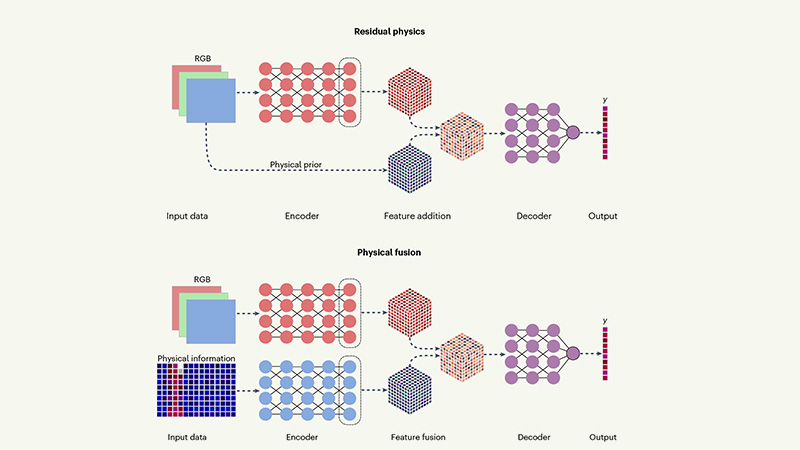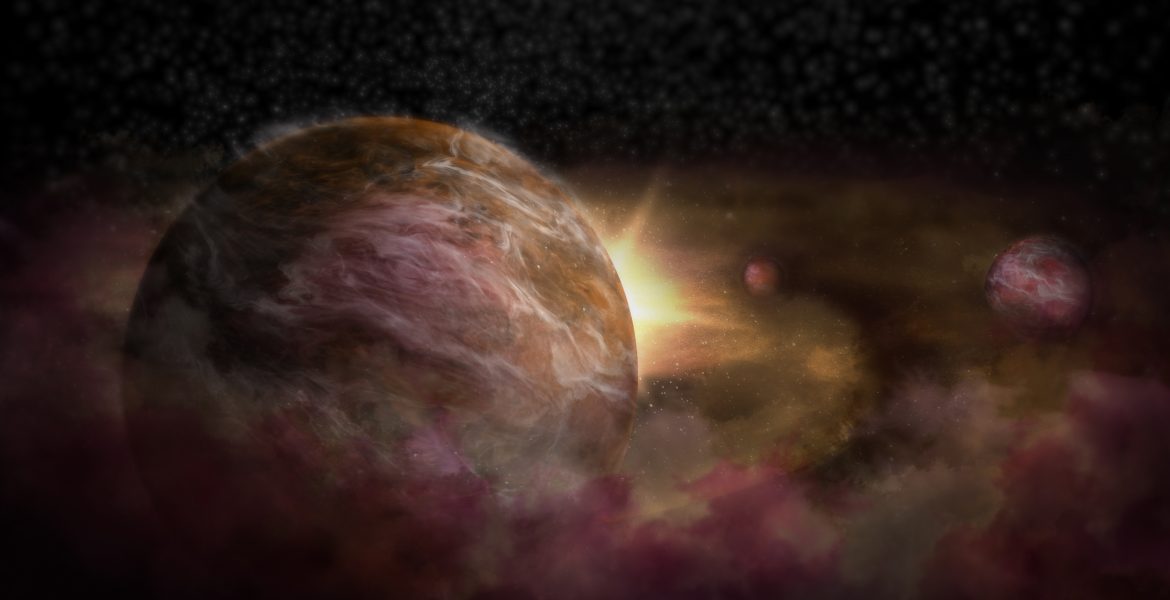
Researchers from UCLA and the United States Army Research Laboratory have laid out a new approach to enhance artificial intelligence-powered computer vision technologies by adding physics-based awareness to data-driven techniques.
Published in Nature Machine Intelligence, the study offered an overview of a hybrid methodology designed to improve how AI-based machinery sense, interact and respond to its environment in realtime — as in how autonomous vehicles move and maneuver, or how robots use the improved technology to carry out precision actions.
Computer vision allows AIs to see and make sense of their surroundings by ...
Read More








Recent Comments